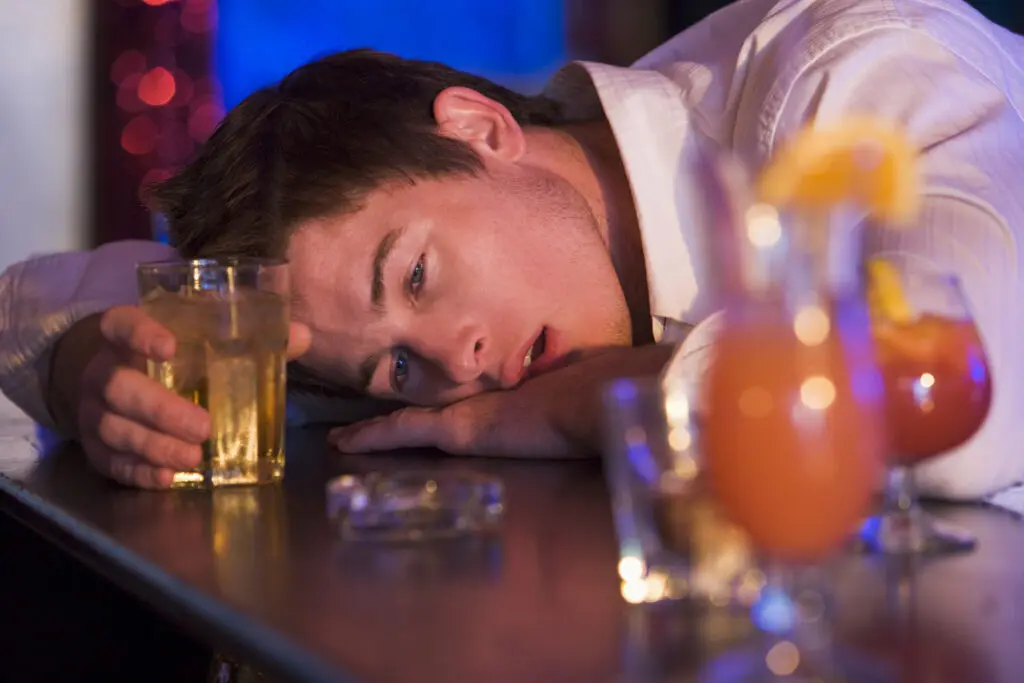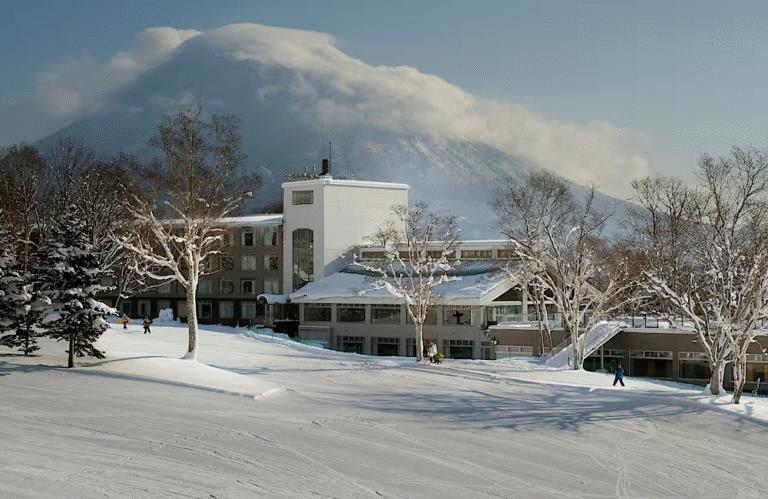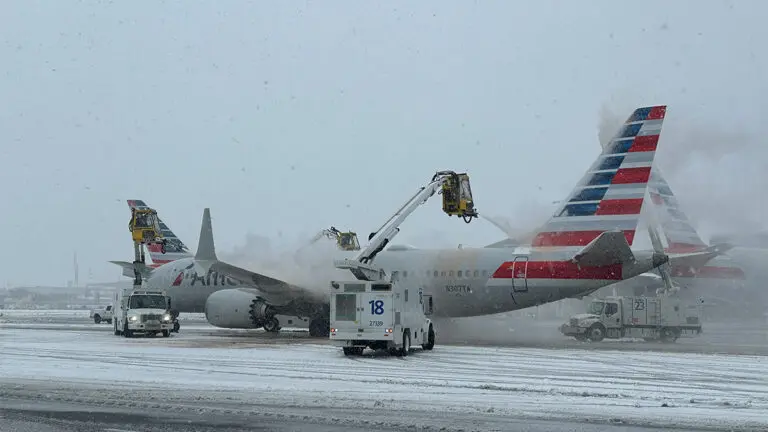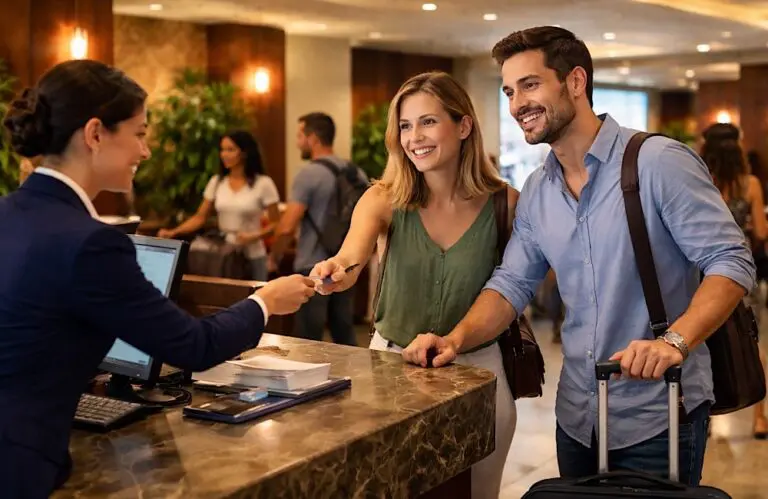Turns out what happens on a work trip doesn’t always stay on the expense report. A new global survey has outed 79% of Australian business travellers for indulging in things they’d never do at home-and no, we’re not just talking about dodgy room service or pocketing the hotel slippers like souvenirs from a mid-tier crime scene.
According to the survey, Aussie business travellers are drinking to excess, gambling, taking drugs, and getting into cars with strangers. And that’s just what they owned up to.
Risky business
Conducted in February 2025, the Opinium survey polled 2,000 business travellers across Australia, the US, UK, and Canada. It found that Australians were among the most likely to admit to letting their hair down – and possibly their guard – while on the road for work.
From drink-fuelled decisions to hopping in cars with strangers, the survey paints a picture of business travel that looks less like LinkedIn and more like a PR crisis waiting to happen.
The age gap in bad decisions
There’s a clear age gap when it comes to work-trip wildness. Travellers under 34 were:
- Nearly twice as likely to gamble or take drugs as those over 55
- Four times more likely to ignore health advice
- Far less likely to say they behave the same way abroad as at home (just 15%, compared to 42% of 55+ travellers)
So if your junior staff member is off to Singapore for a work trip, you might want to check their itinerary… and your insurance policy.
“We get the call after things go sideways”
World Travel Protection’s Brisbane-based GM of Global Security Services, Rodger Cook, says the fallout often lands on his desk.

“My team receives calls every day from distressed business and leisure travellers who have found themselves in sticky situations – often, in-part, due to making reckless choices,” he said.
“Physical assaults, accidents, food and alcohol poisoning – many aren’t the traveller’s own fault but could have been avoided if they had made safer choices earlier.”
Cook says it raises big questions for employers, including: who’s responsible for what happens on a work trip when the lanyard comes off?
Alcohol: the gateway risk
HR expert Christina King, who has spent 25 years fielding workplace disasters, said alcohol is often the common denominator.
“Go easy on the booze,” she advised. “Drinking generally leads to poor decision-making, and other risky behaviours often stem from that.”

From passed-out professionals in hotel bathrooms to strip club receipts listed as ‘entertainment’ expenses, she’s seen it all.
“I’ve seen the outcome of people attending an awards ceremony overseas. They’ve gone out for pre-drinks, the drinks have been flowing freely at the event, and then they’ve gone to the hotel bar after the event. By the end of the night, they’ve offended colleagues and wake up unable to function in their job.”
Sometimes the problem isn’t the drinks, but what they lead to—like saying yes to ice cubes in places where the water is questionable.
Adventure tourism or liability roulette?
King says some destinations, like Queenstown, practically dare travellers to go big on their downtime—think paragliding, bungee jumping or speedboat rides.
But thrill-seeking doesn’t always pair well with corporate liability.
“If something goes wrong, you may find that your work insurance won’t cover that type of activity,” she said. “Your employer isn’t expecting you to go bungee jumping on your night off.”
King also noted that most risky incidents tend to involve younger travellers. By their mid-to-late 30s, many professionals, especially parents, simply want to make it home in one piece.
“The mothers I worked with had no desire to go home exhausted or face the family tired,” she said. “Younger business travellers without dependents tend to be the ones who want to try new things—even if those things are dangerous.”
Her parting advice?
“Have fun, but know your limits. One bad decision on a work trip can have long-lasting consequences—for your career, your credibility, and your personal safety.”
KARRYON UNPACKS: Younger travellers are pushing the limits on work trips. For travel advisors, it’s a good time to check in with clients about insurance, risk policies and pre-departure prep—before something goes wrong.





